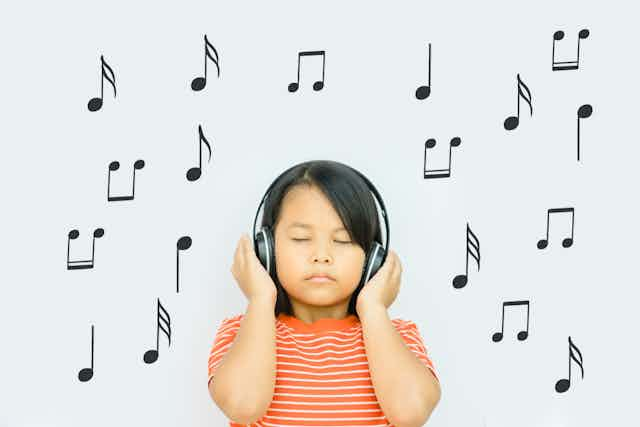Music is a vital part of the human experience. Music is the only thing you can live without. Research has demonstrated how various kinds (or genres) of musical files cause variations in blood pressure with metal and rock causing more positive results than tranquilizer tracks, and also hormone fluctuation based on the type we listen to the metal can lead us to new and exciting areas while soothing acoustic musicians help regulate everything from moods through appetites.
It’s not a new idea to consider music can have an impact positive on the state of mind. In some cultures, drums and singing were used for healing that date back to thousands of years ago. We know now that this method of healing can be very effective in treating anxiety and post-traumatic stress disorder (PTSD). There is no limit to the amount of people who could benefit from it, because everybody has different concerns with their moods and feelings.

Music therapy is something that nearly everyone has experienced throughout their lives. Because it relies on music as its basis it is more likely to help those who are suffering from healing. It is possible to feel an immediate connection and can sense their mood changing by just listening. This type of therapy is completely successful because therapists make use of traditional songs to compose tunes and lyrics. They also take part in exercises of mindfulness where the patients focus on specific sound waves.
Who can gain from music therapy?
Music therapy is being used to help relieve stress and boost energy for exercise however, it’s also being investigated as a possible alternative treatment for various psychological issues.
1. Hearing Impairment
Music therapy is proven to enhance speech production in people with hearing loss. Though only a small portion of people have difficulty hearing however, it’s still possible for other people to experience a sensation. Music therapy can improve speech formation by helping with intonation and tempo issues as well as wavelength and rhythm perception. These aspects all influence how quickly or smoothly we speak , based on the kind of music we’re using.
2. Autism
Music therapy has been regarded as a successful method to assist people with autism spectrum disorders (ASD). Music therapy can be combined with standard treatment to help those with autism spectrum disorders (ASD). It is believed that it can result in better lives. Children who were treated with both had shorter periods of isolation and social withdrawal than those who received just one. This suggests an advantage to having them in tandem. The boys who are more adept at social skills will also be more socially active.
3. Chronic Pain
Both music and pain provide soothing feedback to those who are suffering. It’s not surprising that people feel less physical pain when music therapy is used to alleviate their emotional burden. This is achieved through allowing your focus to drift away from uncomfortable sensations. This is similar to how we utilize our ears while listening to music or playing the piano when there is nothing else.
For more information, click house of music